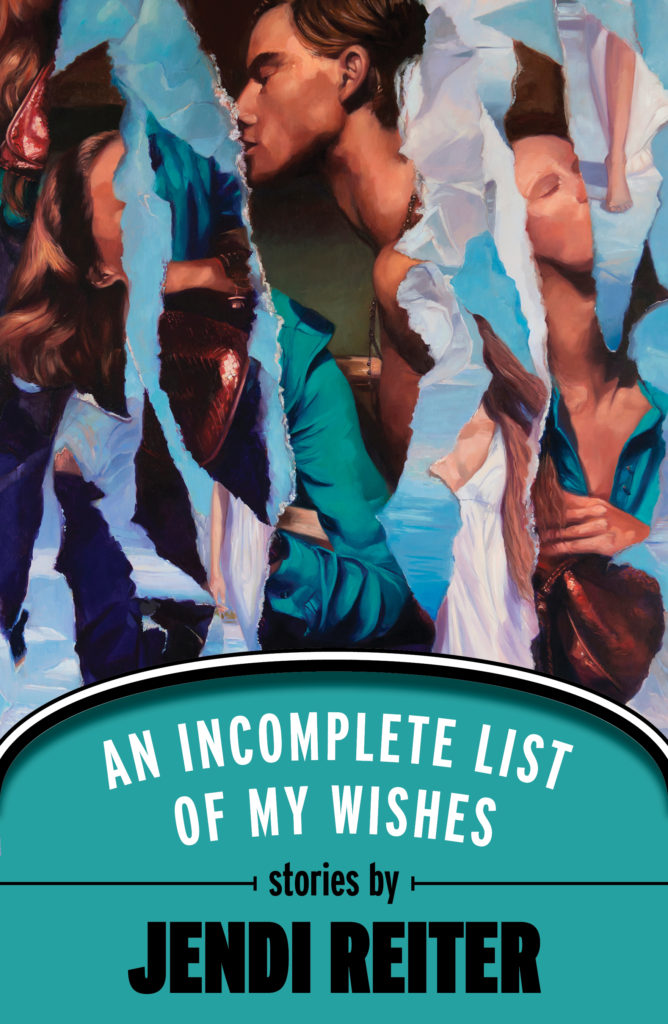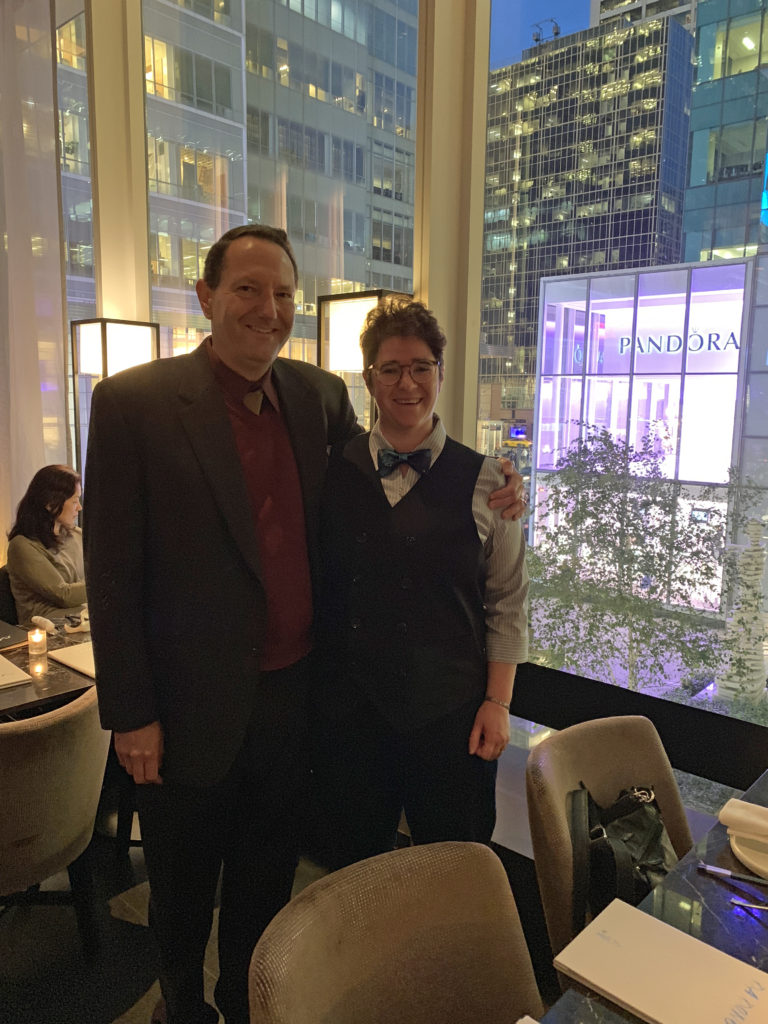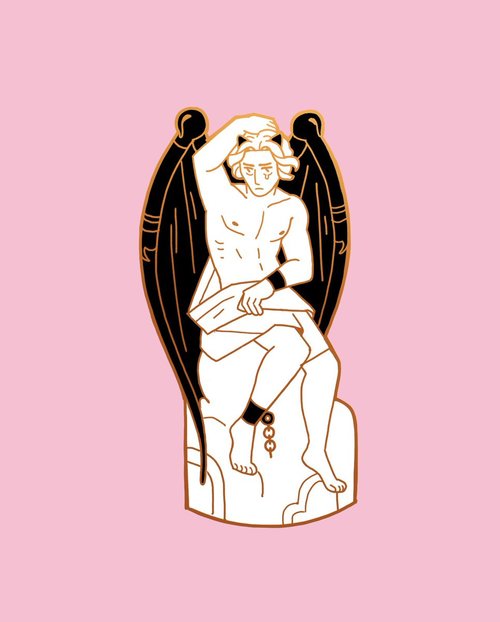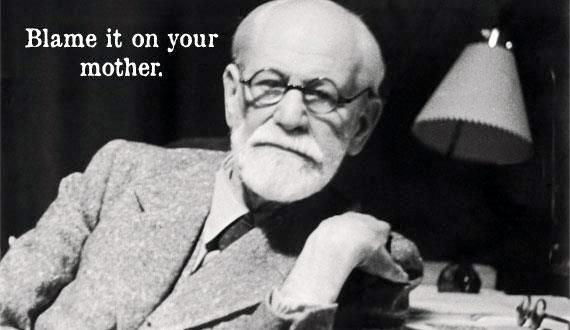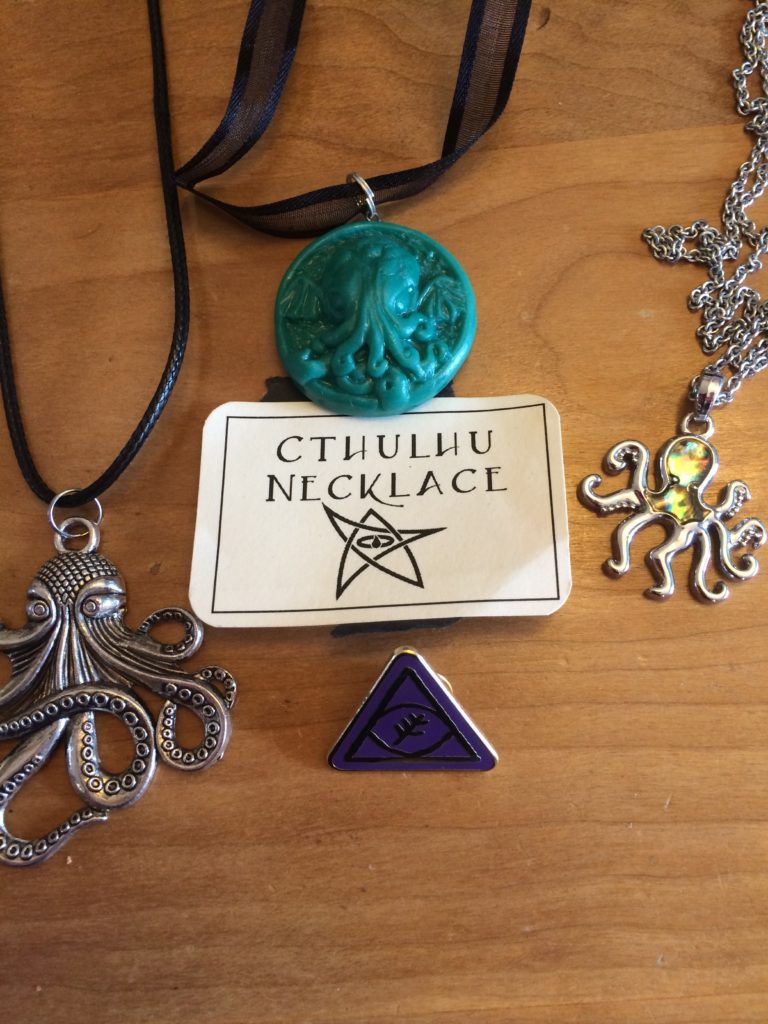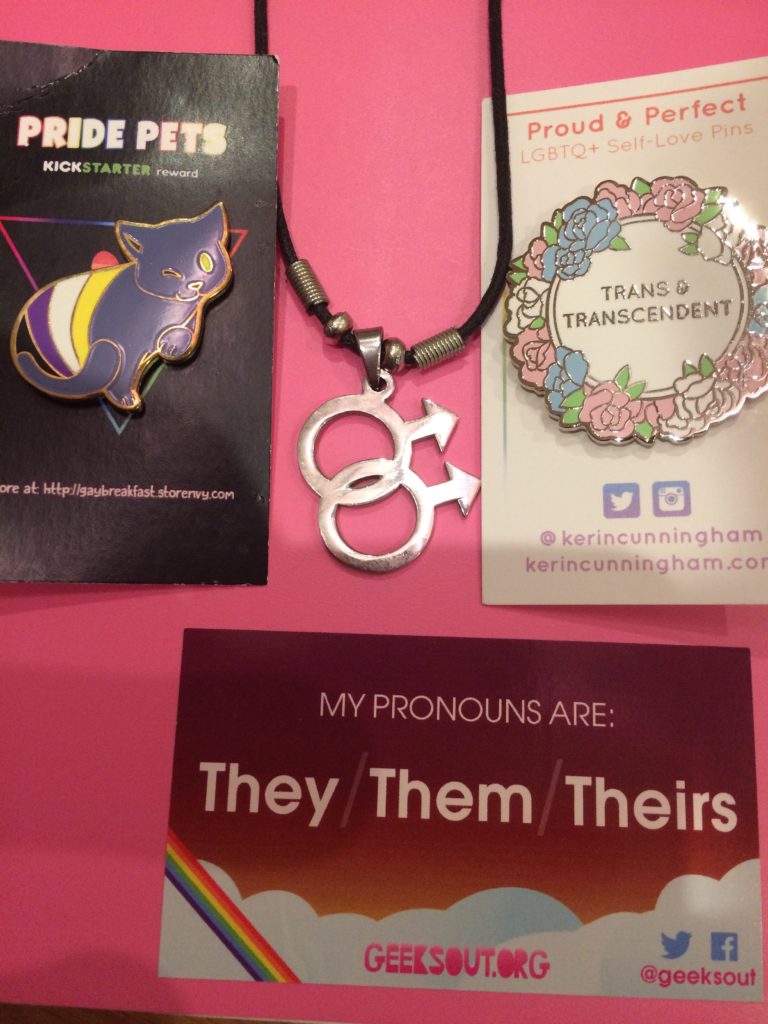Happy Spring, friends! I have tempted fate this morning by putting away the Young Master’s snow pants, which means that Western Massachusetts will probably be hit by an unseasonable blizzard soon. Flowers and songbirds are still in short supply in our chilly region, but I’ve got a nice crop of links for you this month.
I had a good conversation recently with my friend the poet Charlie Bondhus about why magic “works” and what kind of formal study is needed to take it to the next level. We were sympathetic to the idea that magic is mainly about intention; ritual can be helpful as a focal point, but the specific implements can be adapted to your needs without diminishing its effectiveness. Charlie prompted me to consider whether I’m looking for a mentor to validate my practice because I don’t trust myself enough. To that end, he sent me this link to John Beckett’s pagan blog Under the Sacred Oaks: “Believe Your Experiences–Wisdom from the Shredded Veil”. Beckett observes that mainstream society gaslights us about our perceptions of hidden realities, so we’re afraid to share our stories of magical experiences. If we talked about them more, we’d discover how common they are.
Your eyes aren’t lying. Neither are your ears, or your skin, or those thoughts that are occurring in your brain but that you know didn’t come from you. Believe your experiences.
What happened is undeniably real. What it means is a question of interpretation. We have to practice good discernment. Sometimes a strange light is your neighbor playing with a flashlight at 3:00 AM. Go through all the rational explanations, and if one of them fits, so be it. The goal of discernment is to find the truth, not to convince ourselves we saw something we didn’t see but wish we had.
While all the stories in the workshops have been solid, I’ve heard a few privately that I had serious doubts about. I’m sure the person was telling the truth – the experience happened like they described it. But their interpretation struck me as unlikely. Jumping to Otherworldly conclusions is just as bad as dismissing Otherworldly conclusions.
But sometimes you run through all the so-called “rational explanations” and none of them fit. Sometimes the experience is so strong and speaks to us at such a deep level that–at least in the moment–there is no doubt it has a non-ordinary source. Maybe you could dismiss one strange occurrence, or two, or three… but by the time you get to six or eight or twelve, you can’t ignore the magic any longer.
Your experiences are real–believe them.
Your stories are true–tell them.
By contrast, it turns out, the rest of this month’s links fall into the category of “things we know that just ain’t so”. At 1843 Magazine, a spin-off of The Economist, Peter Wilson reports the “Death of the Calorie” as a reliable measure of the relationship between food and weight gain. (Hat tip to feminist blog Shakesville for the link.)
Most studies show that more than 80% of people regain any lost weight in the long term. And like him, when we fail, most of us assume that we are too lazy or greedy – that we are at fault.
As a general rule it is true that if you eat vastly fewer calories than you burn, you’ll get slimmer (and if you consume far more, you’ll get fatter). But the myriad faddy diets flogged to us each year belie the simplicity of the formula… The calorie as a scientific measurement is not in dispute. But calculating the exact calorific content of food is far harder than the confidently precise numbers displayed on food packets suggest. Two items of food with identical calorific values may be digested in very different ways. Each body processes calories differently. Even for a single individual, the time of day that you eat matters. The more we probe, the more we realise that tallying calories will do little to help us control our weight or even maintain a healthy diet: the beguiling simplicity of counting calories in and calories out is dangerously flawed.
In fact, not only are all calories not created equal, but the popularity of this metric actually contributed to Americans’ weight gain problem, because it led people to substitute high-carbohydrate, fat-free processed foods (which convert to sugar faster) for foods with naturally occurring fats that give you a longer-term energy boost.
By the late 1960s, obesity was becoming a pressing health concern as people became more sedentary and started eating highly processed foods and lots of sugar. As the number of people who needed to lose weight grew, changing diets became the focus of attention.
So began the war on fat, in which Atwater’s calorie calculations were an unwitting ally. Because counting calories was seen as an objective arbiter of the health qualities of a foodstuff, it seemed logical that the most calorie-laden part of any food item – fat – must be bad for you. By this measure, dishes low in calories, but rich in sugar and carbohydrates, seemed healthier. People were increasingly willing to blame fat for many of the health ills of modern life, helped along by the sugar lobby: in 2016, a researcher at the University of California uncovered documents from 1967 showing that sugar companies secretly funded studies at Harvard University designed to blame fat for the growing obesity epidemic. That the dietary “fat” found in olive oil, bacon and butter is branded with the same word as the unwanted flesh around our middles made it all the easier to demonise.
A US Senate committee report in 1977 recommended a low-fat, low-cholesterol diet for all, and other governments followed suit. The food industry responded with enthusiasm, removing fat, the most calorie-dense of macronutrients, from food items and replacing it with sugar, starch and salt. As a bonus, the thousands of new cheap and tasty “low-cal” and “low-fat” products which Camacho used to diet tended to have longer shelf lives and higher profit margins.
But this didn’t lead to the expected improvements in public health. Instead, it coincided almost exactly with the most dramatic rise in obesity in human history. Between 1975 and 2016 obesity almost tripled worldwide, according to the World Health Organisation (WHO): nearly 40% of over-18s – some 1.9bn adults – are now overweight. That contributed to a rapid rise in cardiovascular diseases (mainly heart disease and stroke) which became the leading cause of death worldwide. Rates of type-2 diabetes, which is often linked to lifestyle and diet, have more than doubled since 1980.
Read the rest of this well-researched article for surprising tips about food preparation and calorie counts. For example: “The calorie load of carbohydrate-heavy items such as rice, pasta, bread and potatoes can be slashed simply by cooking, chilling and reheating them. As starch molecules cool they form new structures that are harder to digest. You absorb fewer calories eating toast that has been left to go cold, or leftover spaghetti, than if they were freshly made.” Maybe the Young Master is onto something when he eats frozen ravioli right out of the package. I’m a good mom.
At The Baffler, novelist, travel writer, and Tarot deck creator Jessa Crispin complicates our Trump-era celebration of women’s anger in “Good Girls Gone Mad”. Reviewing recent books by Rebecca Traister and Soraya Chemaly, Crispin writes:
Both books assume that I should be furious at the unfair treatment Hillary Clinton received at the hands of the media during the 2016 presidential election.
Neither book considers the possibility, even for the length of a sentence fragment, that one thing making some women angry might have been the insistence by a certain segment of elite women leaders that Hillary Clinton was the feminist choice despite her having made the lives of an entirely other segment of women unlivable through her support of military intervention, the gutting of social welfare programs, and the financial ruin of our nation by the wealthy. We should only care that some commentators were mean about her pantsuits, and her laugh, and her hair…
…And of course neither book manages to explain how women’s anger is different than men’s. When a woman is angry in these books, it is because of injustice, not because of immigrants. An angry woman is working toward progress—she is not a white supremacist, or a mother trying to suppress trans rights for the sake of “the children,” or an online troll sending death threats. Readers of Traister and Chemaly would never guess that a majority of white women voted for Donald Trump in 2016. When a woman is angry in these tracts, she is Elizabeth Warren, not Marine Le Pen.
Subscribe to her weekly e-newsletter for straight talk about relationships, gender roles, and Tarot.
We’ve all heard about the celebrities who bribed and cheated to get their kids into elite colleges. But Elaine Ou at Bloomberg Opinion says, “Forget Bribery. The Real Scam Is Pretending That Degrees Have Value.” Parents targeted Ivy League schools, rather than “rigorous, practical” ones like MIT and Caltech, because the main advantage of a Harvard degree over an online course or community college is the hoarding of prestige by elite families. “Successful parents in the upper middle class can leave money to their children, but that doesn’t guarantee entrée into the social elite. The more reliable way for powerful parents to buy power for their children is through a name-brand, exclusive education…When something is both expensive and of no practical value, it’s clearly intended as a means of wealth transfer.”
Speaking of economic inequality, Roge Karma at The American Prospect demands a greater public return on investment from government-supported research, in “Alexandria Ocasio-Cortez and the Myth of American Innovation”. At a hearing on regulation of the pharmaceutical industry last year, New York Congresswoman Ocasio-Cortez pointed out that the industry justifies high drug prices and restrictive patents on the grounds that companies need money to fund future innovations, but in fact, most of these drugs would not exist without significant funding from the National Institutes of Health.
Every single one of the 210 new drugs approved by the Food and Drug Administration (FDA) from 2010 to 2016 was developed thanks to NIH’s taxpayer-funded research.
In her 2004 book The Truth About Drug Companies, physician Marcia Angell notes that for decades, the NIH has backed research into the most promising drugs in the United States to the tune of $30 billion every year. Meanwhile, executives and shareholders combined receive 99 percent of the over $500 billion profits generated by the industry’s largest 18 drug companies, leaving relatively little room for new spending on research.
For years, progressive proposals like a 70 percent marginal income tax rate or a 2 percent wealth tax, have been dismissed as unworkable and naïve. Such policies, the argument goes, will stifle the underlying mechanism that drives the U.S. economy: private sector innovation. As Paul Graham, the founder of Y Combinator, the country’s preeminent start-up incubator, put it “if income taxes are high enough, start-ups stop happening.”
This argument rests on a story of an American economy driven primarily by genius entrepreneurs, corporate risk takers, and private innovators who could solve our society’s most pressing problems if government just got off their backs. Typically, progressives have found themselves responding to this story in two ways: they ignore it and focus on inequality, or they reaffirm it and assure the public that private innovation will continue to flourish under progressive leaders.
But the fact that some of the world’s most innovative companies are American is not because of low taxes or loose regulations. It is because America is home to the biggest venture capitalist in the world: the U.S. government. The taxpayers who fund these innovations should be compensated accordingly.
Finally, this news headline from Taiwan has gone viral as the perfect unintentional poem: “Doctors find four bees in woman’s eye, feeding on her tears”. And not just any bees–graveyard-dwelling sweat bees. It doesn’t get more Goth than that.
